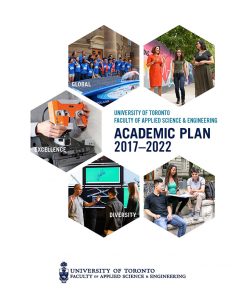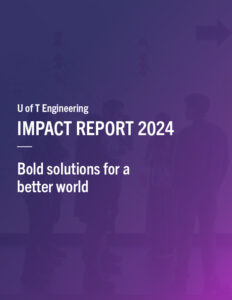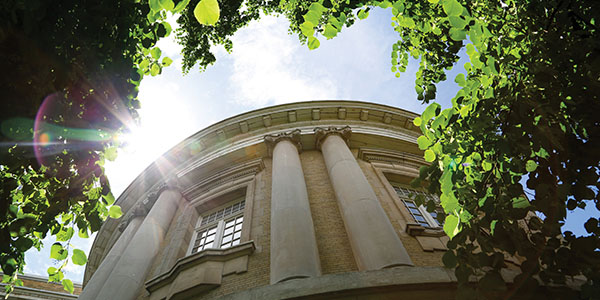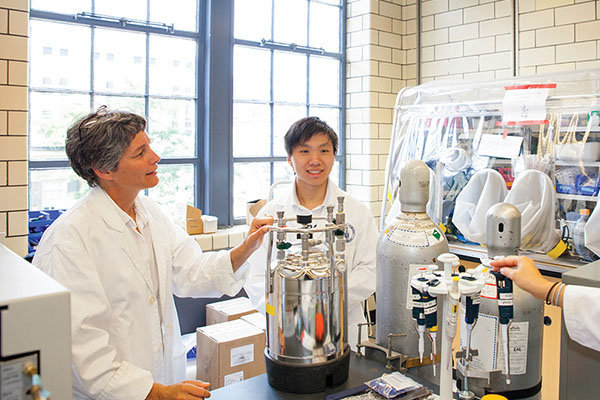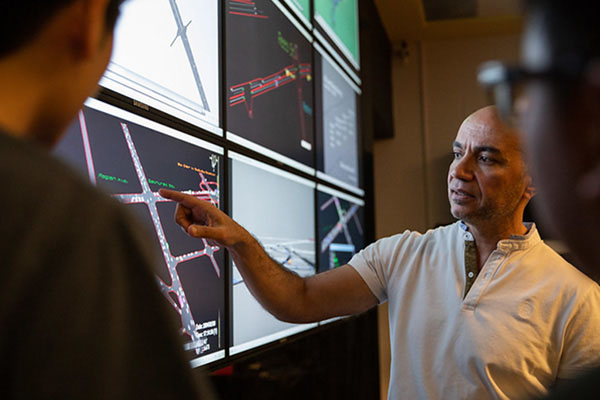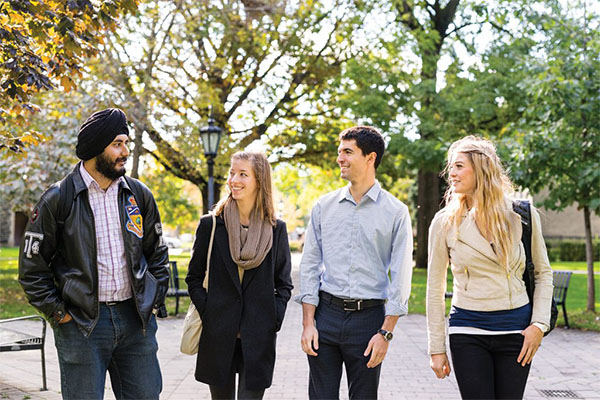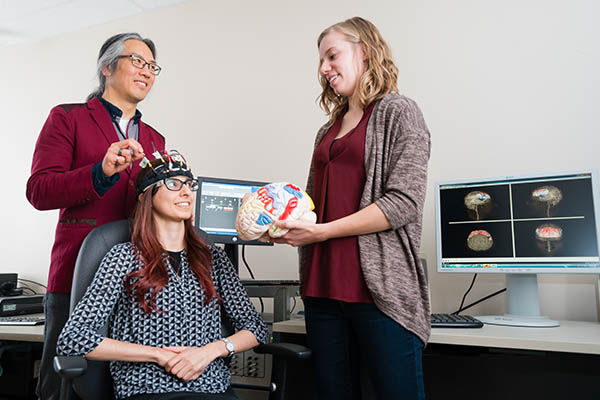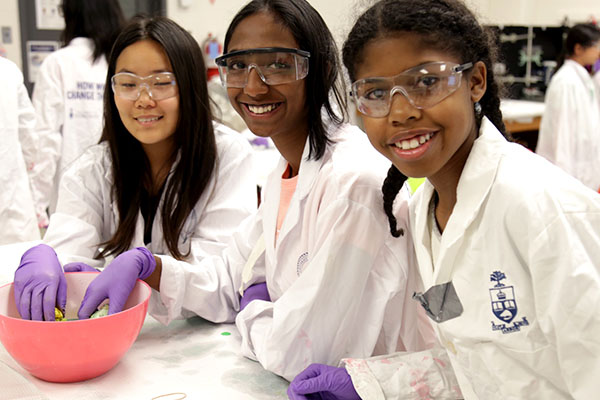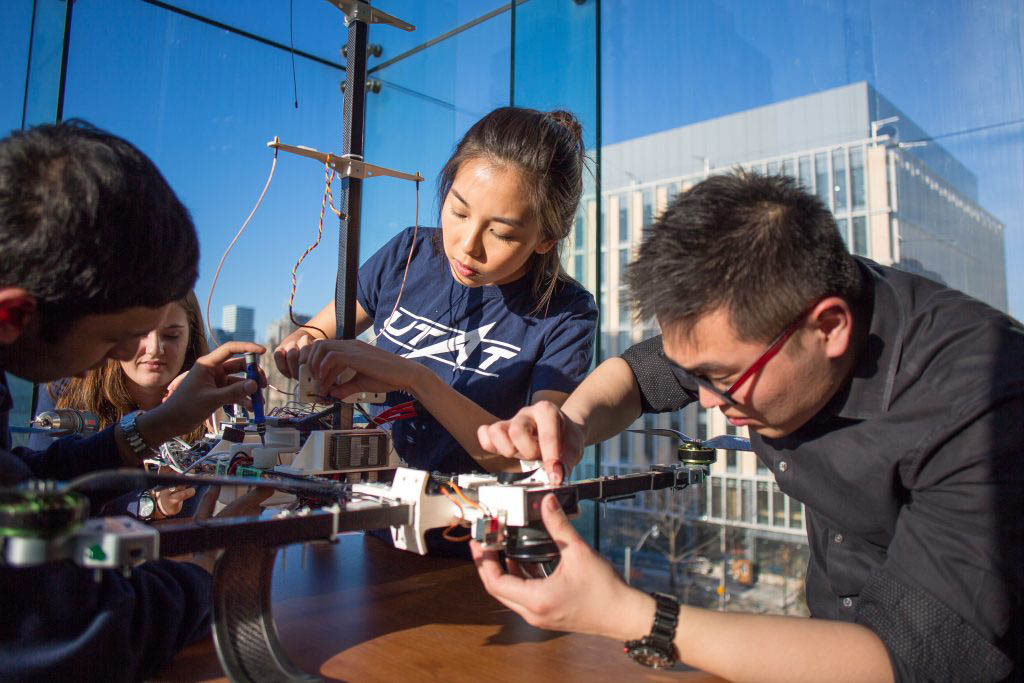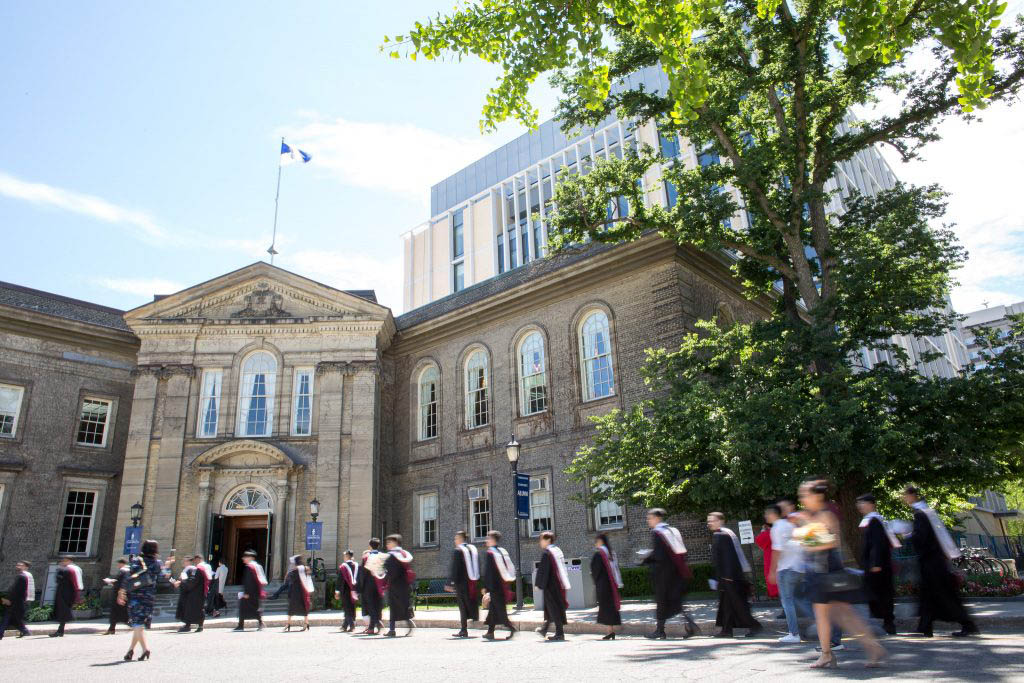Register for the online event >>
Abstract
What defines chemical space and how can it be searched or designed from the bottom up? How can discovery be ‘focused’ into a desired property search for the design of novel materials with advanced properties? Is it possible to design the discovery of materials using theory and experiment joined together with autonomous systems? More speculatively what are the limits on life elsewhere in the universe and chemical space?
In my lecture I will address these three important questions demonstrating how we have developed new approaches to explore chemical space using probabilistic approaches, design of experiments and machine learning to enable the mapping and discovery of new molecules, materials, formulations, and nanostructures. To do this we have built closed-loop platforms that incorporate the design of new properties, quantum theory, machine learning, modular chemical reactions, and testing of the products all in real time using an autonomous modular robotic system we call the Chemputer. Because the Chemputer is the worlds first and only modular and universal programmable materials synthesis and discovery robot, we can develop highly efficient and novel routes to explore the space of new matter according to radical new design strategies, desired physical properties, and looking also for the discovery of new physical phenomena and to brute force the origin of life.
Bio
Leroy (Lee) Cronin FRSE is the Regius Professor of Chemistry in Glasgow. Since the age of 9 Lee has wanted to explore chemistry using electronics to control matter, understand the origin of life, and generally confuse people with ideas that may or may not make sense one day. He strives to use his imagination to create new ideas that might tell us something about the universe, after all, the imagination is housed in a chemical brain and thus does exist. His research has four main aims 1) the construction of an artificial life form / work out how inorganic chemistry transitioned to biology / searching for new life forms; 2) the digitization of chemistry; and 3) the use of artificial intelligence in chemistry including the construction of ‘wet’ chemical computers; 4) The exploration of complexity and information in chemistry. He runs a team of around 60 people funded by grants from the UK EPSRC, US DARPA, Templeton, Google, BAe, JM. Finally, Lee likes to run a transparent and progressive group. Lee does not like hierarchy but likes organisation and well-defined actions. He likes to mentor researchers using a problem-based approach to solving big ideas. Nothing is impossible until it is tried. See www.croninlab.com
Register for the online event >>
View the complete 2020-21 LLE schedule >>
Should you have any questions or require accommodation to attend the event, please email amanda.hacio@utoronto.ca.

